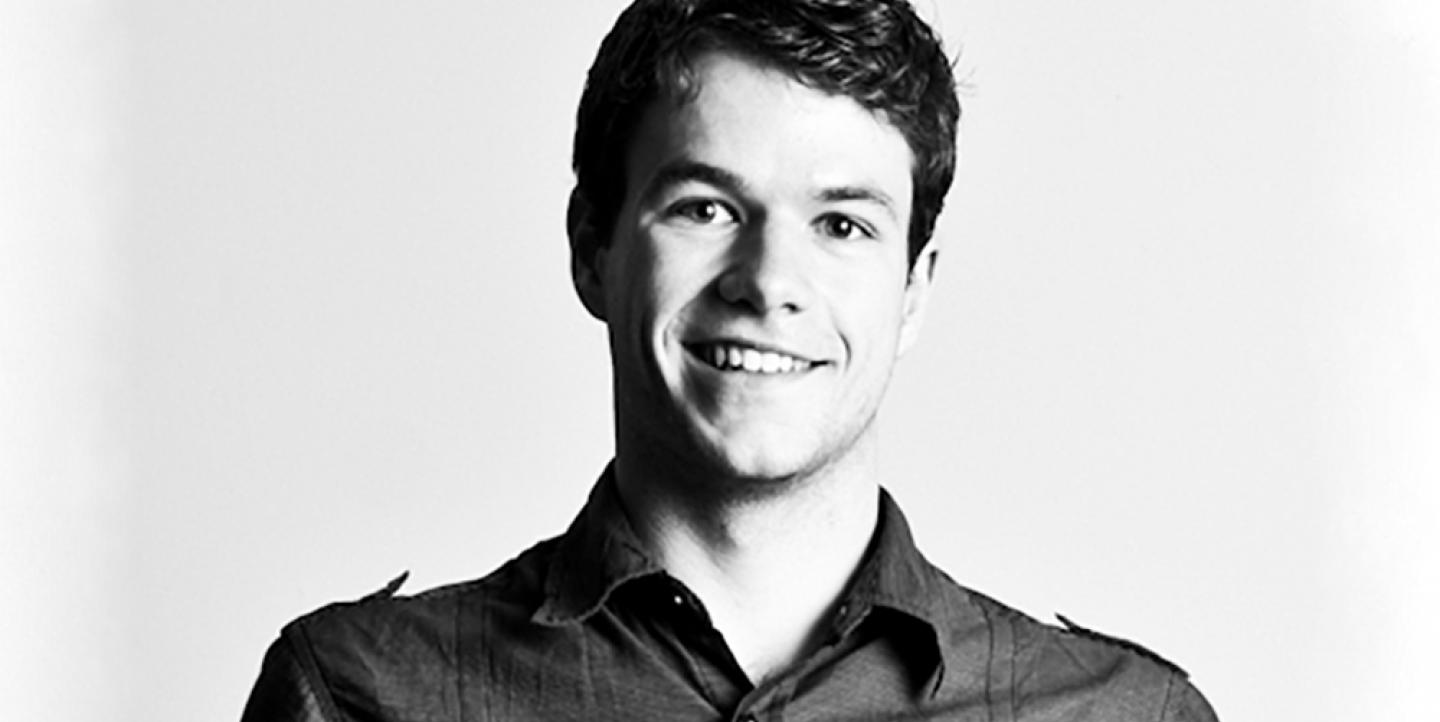Each month, IJNet features an international journalist who exemplifies the profession and has used the site to further his or her career. If you would like to be featured, email a short bio and a paragraph about how you have used IJNet here.
This month, we feature South African freelance multimedia journalist Shaun Swingler, who is based in Cape Town.
After serving a brief stint in a corporate publishing house, Shaun left to pursue a career photographing and writing about topics that interested him. Predominantly reporting on crime and social issues, he has covered mercenaries, illegal street racing, human trafficking, gangsterism and the South African pornography industry, contributing features and photographs to publications including the Guardian, Daily Maverick and Rolling Stone SA.
Shaun also does regular photo and video work for Cape Town-based social justice NGOs that focus primarily on adequate sanitation in rural areas, and he co-authored a nonfiction book called Love is War: The Modimolle Monster about murderer Johan Kotzé.
How has IJNet helped you?
Last year I responded to an ad on IJNet for a Thomson Reuters Foundation reporting course on human trafficking and slavery. I was fortunate enough to have been selected for the week-long course and spent a week in London in late November learning about the issues. I found it incredibly rewarding.
Experienced journalists and academics who have been involved in the reporting and researching of human trafficking from around the world were brought in to share their wealth of knowledge with the course participants. Their talks went a long way in equipping us with the skills and knowledge required to report on this difficult set of issues.
I also formed lasting friendships with the other journalists invited to the course--we've all kept in touch and are planning a number of cross-border collaborations. Without seeing an ad for the course on IJNet's weekly newsletter I would have never known about it.
As a freelancer, how do you generate your ideas for stories?
Because I mostly focus on feature-length stories, I'm fortunate that I can spend a little more time finding the pieces I want to cover. When not commissioned by publications, I come up with story ideas in a few ways. I find that obsessively reading the news helps. There are often hard news pieces that would be made a lot more interesting from a little bit of fleshing out and some analysis--things that hard news reporters often don't have the time to do.
I've had a number of pieces born from reading a news story and thinking 'I want to know more about that topic.' Most frequently, however, new ideas come to me while I'm reporting on other stories, be it through new contacts I make or from other interesting angles I don't have the space or time to pursue in the original piece. I've found that being open to all experiences while reporting always leads to new story ideas.
I find covering crime and social justice topics oddly rewarding. Many South Africans experience crime and a number of other social injustices on a daily basis but often these issues are neglected or not reported on in enough depth in certain mainstream media outlets. I find the challenge of trying to address this imbalance in reporting to be a strong motivating factor for my choice of stories.
Can you share a piece that you’re especially proud of?
A piece I wrote about youth in gangs in Cape Town for the Guardian probably had the biggest impact on my work moving forward. Gangsterism is a big problem in the Western Cape, which affects so many communities across the province and has become my primary focus over the last year or so. I find it a challenge to report on the problem with the depth and nuance required, as safety and access are constant challenges. I also try my best not to glamorize the gangs and gangsters--something I think happens often with coverage of these types of problems worldwide. I don't think I've got it right just yet, but I'm working on it.
What advice would you give to aspiring journalists or journalism students?
It sounds obvious, but just do it. Find a story idea that interests you and go out and report on it. My journalism career started out in the evenings and weekends while working at a corporate publishing house. I would report on stories in my free time, ask journalist friends for help when I was stuck, and once the ball got rolling, I left the publishing house and became a full-time freelancer.
I'll leave it to Ira Glass to put it better than I ever could: "Don't wait for permission to make something that's interesting or amusing to you. Just do it now. Don't wait. Find a story idea, start making it, give yourself a deadline, show it to people who'll give you notes to make it better. Don't wait till you're older, or in some better job than you have now. Don't wait for anything. Don't wait till some magical story idea drops into your lap. That's not where ideas come from. Go looking for an idea and it'll show up. Begin now. Be a [expletive] soldier about it and be tough."
Image courtesy of Swingler.

